This article was medically reviewed by Erik Kramer, DO, MPH. Dr. Erik Kramer is a Board-Certified Primary Care Physician at the University of Colorado. With over 15 years of experience, his clinical interests include obesity and weight management, diabetes care, and preventive care, as well as embracing a holistic approach to primary care. He received his Doctorate in Osteopathic Medicine (D.O.) from the Touro University Nevada College of Osteopathic Medicine and completed his residency at Central Maine Medical Center. Dr. Kramer is a Diplomate of the American Board of Obesity Medicine.
This article has been viewed 9,703 times.
Microgynon is a pill you can take to prevent pregnancy. Swallow it with water it every day at the same time. There are 2 versions of Microgynon: Microgynon 30 has a pack of just 21 pills, and you do not take pills for the week of your period. Microgynon ED (Everyday) also contains 7 inactive pills, which you take the week of your period to help you keep on schedule. Whichever version you choose, stay safe by learning what to do if you miss a pill, and making sure that Microgynon is right for you.
Steps
Taking Microgynon Pills
-
1Start taking Microgynon within 5 days of when your period starts. If you are just starting to take the pill for the first time, or after a long break, then start the pack right when your period starts or within the following 4 days. This will make sure you have contraceptive coverage from the first day. Just swallow the tablet whole with water. You don’t have to take it with food for it to be effective. If you have taken it before, then start with the same day of the week that you always start.[1]
- Also use a barrier contraceptive method, like a condom, when having sex for the first 2 weeks of taking the pill, as it won’t be entirely effective yet.
- If you start the pill any other time than the beginning of your period, you need to take the pill for at least 7 days to be protected from pregnancy.
-
2Take 1 pill a day at the same time until you’ve finished the pack. Follow the direction of the arrows on the package to know which pill to take on which day. Taking the pill at the same time each day makes it the most effective. Pick a time of day that you know is convenient for you, like just before you go to sleep, or just when you wake up.[2]
- To remind yourself to take the pill at the right time, incorporate it into a part of your daily routine, like brushing your teeth, or set a reminder on your phone to ring every day at the same time.
- If you’re an hour off, that’s ok, but try not to be more off than that.
- Take the pill every day, no matter how often you have sex.
Advertisement -
3Do not take a pill for 7 days if you have the 21-day version. Once you have taken all 21 pills in the strip, do not take a pill for 7 days. If the last pill of one pack was a Friday, you will wait until the Saturday of the following week to take the first pill of your new pack. Set a reminder on your phone to help you start taking them again after 7 days.[3]
- A few days after you take your last pill, you will bleed a little bit, like having a small period. It’s fine if you’re still bleeding when it’s time to start your next pack.[4]
- You don’t need to use extra contraception during these seven pill-free days.
-
4Take inactive pills for 7 days if you have 28 pills. If you have Microgynon ED (Everyday), your pack contains 21 active pills and 7 inactive pills. The inactive pills are white to distinguish them from the colorful active pills. Many people find that taking the inactive pills helps them stay in the routine of taking a pill at the same time each day, but if you want to, you can skip the inactive pills, because they don’t do anything medically. Just make sure you start the next pack in 7 days![5]
- You are still protected against pregnancy when you’re taking the inactive pills.
- Your period will begin 2-3 days after starting the inactive pills. It’s totally fine if it hasn’t finished by the time you start the next pack.
- Many people experience lighter menstrual bleeding when taking the pill than when they’re on a natural cycle.
-
5Start a new pack on the same day of the week as your previous pack. For instance, if you started the last pack on a Tuesday, start the new pack on a Tuesday. This will make sure that your cycle is the same length and all your hormones are in order.[6]
- Most packs will have stickers with days of the week that you can adjust to remember what day to take your pill.
Staying Safe and Protected on Microgynon
-
1Take a missed pill as soon as you realize you forgot to take it. This may mean taking 2 pills in one day. If you were supposed to take it less than 12 hours ago, your contraception won’t be reduced. If you were supposed to take it more than 12 hours ago, you should use extra contraceptives, like condoms, for the next 7 days.[7]
- If you missed multiple pills, just take the most recent one, and leave the others.
- Look up the brand name of the Microgynon pill you take to get specific instructions on what to do if you miss a dose.
-
2Take a pill every day for the next 7 days after taking the missed pill. If these days run beyond the last active tablet, throw away the inactive pills and start a new pack of Microgynon ED. This will change the start day of your cycle.[8]
- If you missed one or more pills from the first week of the pack and had sex that week, you might become pregnant. Contact your doctor.
-
3Take the last pill from the pack if you lost a pill. If you dropped a pill down the sink or lost it in some other way, then take the last pill from the pack. Continue taking all the other pills on their regular days. This will make your cycle one day shorter than normal. After your seven inactive or pill-free days you will have a new starting day, one day earlier than before.[9]
- If you have a spare pack of pills, then take a pill from that one if you lose a pill. This will not change the length of your cycle.[10]
-
4Do not take Microgynon if you have a high risk of blood clots. If you’ve ever had a blot clot, breast cancer, a heart attack, a stroke, or severe liver disease, don’t take Microgynon. Microgynon slightly increases the risk of getting a blood clot, and so it’s dangerous to take if you have these conditions.[11]
- If you’re not sure about your medical history, talk to your doctor. Your doctor will help you figure out if Microgynon is right for you.
-
5Talk to your doctor if you just gave birth or had an abortion. You can still take Microgynon if you’ve just given birth or had an abortion, but you’ll need to start it at a slightly different time, rather than just on the first day of your period. Your doctor will be able to tell you when to start it, depending on your particular case.[12]
- While you’re waiting to start Microgynon, use other forms of contraception, like condoms.
-
6Switch to Microgynon anytime if you’re switching from the minipill. If you’re changing to Microgynon from a progestogen-only “minipill”, stop taking the minipill any day and start taking Microgynon at the same time of day you would have taken your minipill. It doesn’t matter what day of the cycle you switch.[13]
- Use additional contraceptives, like condoms, for the first 14 days of taking Microgynon after switching from the minipill.
-
7Start Microgynon the day you remove a vaginal ring, implant, or IUS. If you are removing a vaginal ring, progestogen-only implant, or an intrauterine system (IUS), then you should start taking Microgynon on the day of the removal. This will make sure you have contraceptive coverage from the first day.[14]
- To be safe you should start taking Microgynon on the day of the removal of a vaginal ring, but you can take it at the very latest when the next application would have been due.
-
8Switch from an injection on your next injection date. If you’re switching from a progestogen-only injection to Microgynon, your last injection will give you contraceptive coverage until the next one is due. On the day it’s due, don't get your injection, and instead start taking Microgynon.[15]
- Make sure you go through the process of getting a prescription and attaining the pills before the day your injection is due so that you’ll be prepared.
Warnings
- Talk to your doctor before starting Microgynon. Your doctor will tell you if it’s right for you and write you a prescription if it is.⧼thumbs_response⧽
References
- ↑ https://medsafe.govt.nz/Consumers/cmi/m/Microgynon20ED.pdf
- ↑ https://www.mims.com/hongkong/drug/info/microgynon%2030-microgynon%2030%20ed?type=full
- ↑ https://www.mims.com/hongkong/drug/info/microgynon%2030-microgynon%2030%20ed?type=full
- ↑ https://www.medicines.org.uk/emc/product/1130/pil
- ↑ https://medsafe.govt.nz/Consumers/cmi/m/Microgynon20ED.pdf
- ↑ https://www.nps.org.au/medicine-finder/microgynon-30-ed-tablets
- ↑ https://medsafe.govt.nz/Consumers/cmi/m/Microgynon20ED.pdf
- ↑ https://www.medicines.org.uk/emc/product/1131/pil
- ↑ https://www.medicines.org.uk/emc/product/1130/pil
- ↑ https://www.medicines.org.uk/emc/product/1130/pil
- ↑ https://www.mims.com/hongkong/drug/info/microgynon%2030-microgynon%2030%20ed?type=full
- ↑ https://www.mims.com/hongkong/drug/info/microgynon%2030-microgynon%2030%20ed?type=full
- ↑ https://www.nps.org.au/medicine-finder/microgynon-30-ed-tablets
- ↑ https://www.nps.org.au/medicine-finder/microgynon-30-ed-tablets
- ↑ https://www.nps.org.au/medicine-finder/microgynon-30-ed-tablets
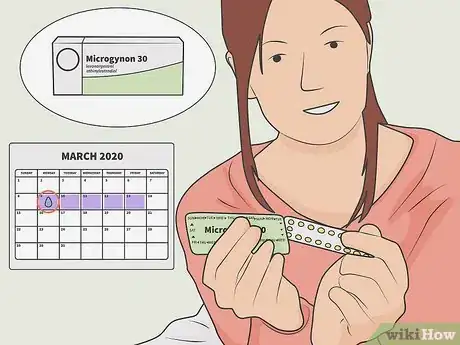
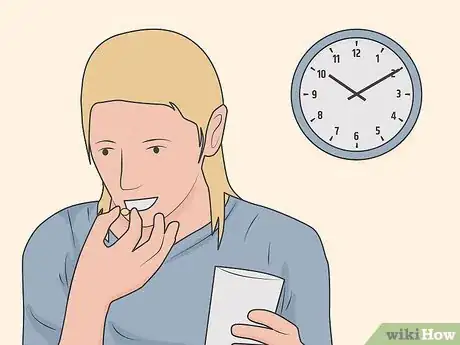
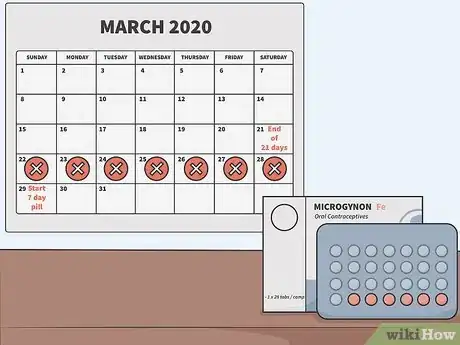
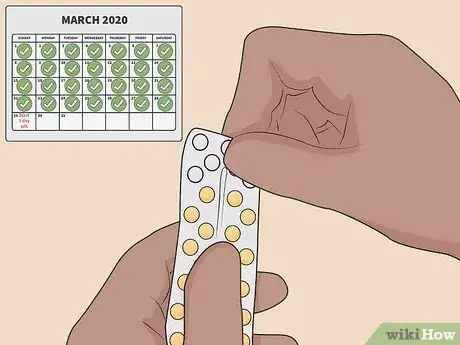
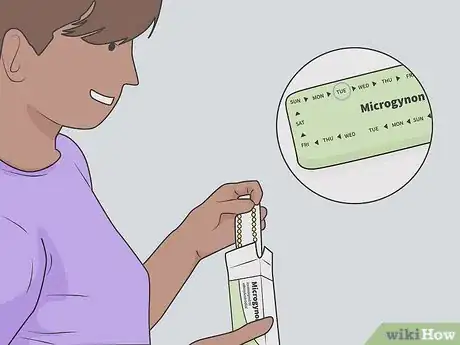

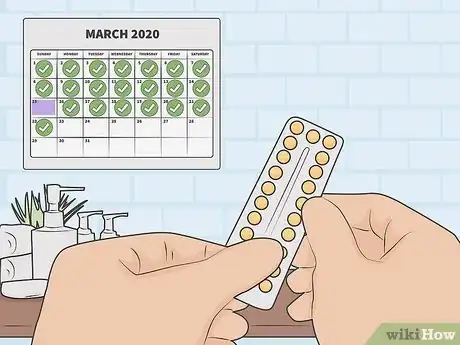
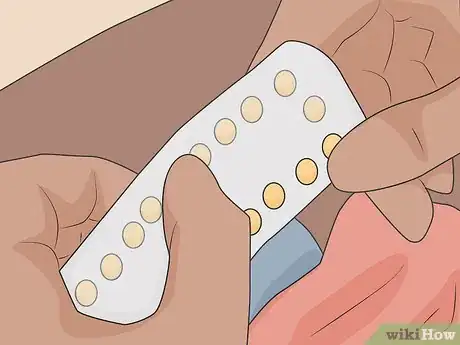
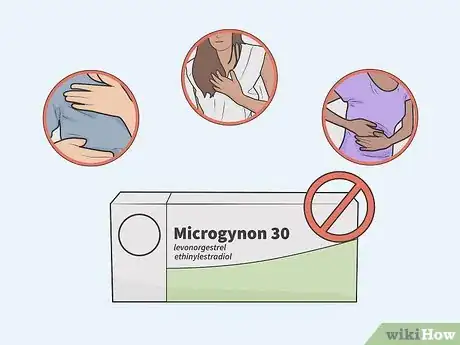

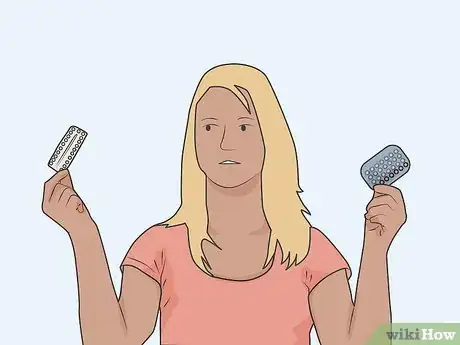
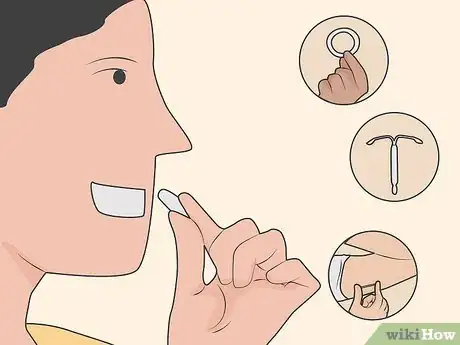
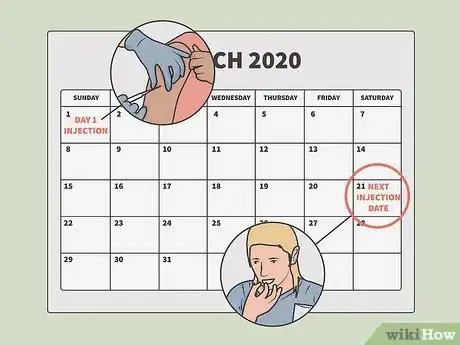





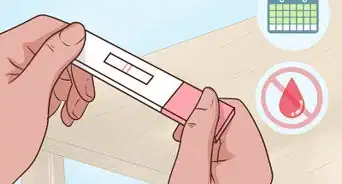

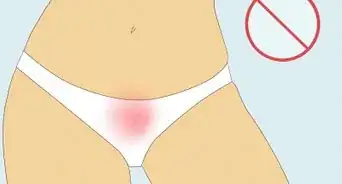
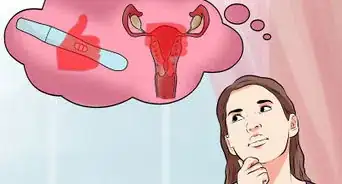

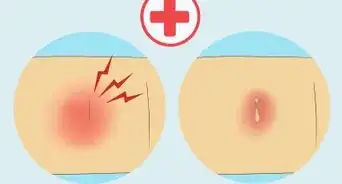
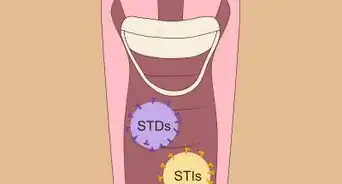
















































Medical Disclaimer
The content of this article is not intended to be a substitute for professional medical advice, examination, diagnosis, or treatment. You should always contact your doctor or other qualified healthcare professional before starting, changing, or stopping any kind of health treatment.
Read More...